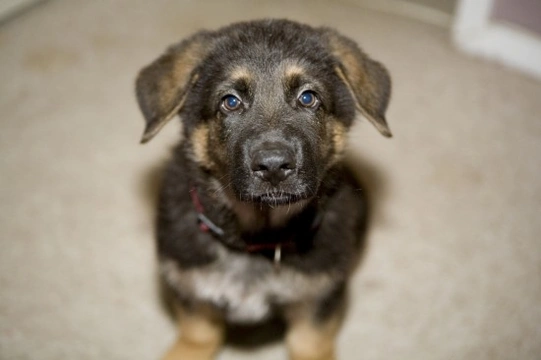
Useful Tips for New Dog Owners
Getting a new dog is an exciting time whether it's a puppy or an older rescue canine friend. If you are a first time owner, it can also be a little bit of a daunting time because everything is so new to you. The same can be said of the dog you bring home because they are entering into a totally new environment and one that's full of unfamiliar things!
Below are is a list of tips on how to handle your four-legged friend so that things go as smoothly as possible from the moment they walk through your front door into their new home.
Always Listen to Your Puppy or Dog
People who have always owned dogs automatically listen to their pets because over time, this comes naturally. As a new dog owner, you have to learn how to listen to your puppy or dog. Listening means "watching" how they react to things and if they look at all uncomfortable about anything, it's best not to insist and to take them out of that situation all together. If you try to insist or force your dog to do anything, it could just end up making matters a lot worse later on.
Lots of Affection Goes a Long Way
One of the things that a lot of people forget to do is reward their dogs with lots of affection when they have been good. It's easy to tell a dog off when they have been naughty, but it's really important to show masses of affection when you are happy with them. However, this needs to be done calmly although you are allowed to be a little over the top at times too!
Finding Out What Your New Dog Really Likes
It can take a bit of time finding out what sort of treats and goodies your new dog actually likes. Just because it says on the packet that dogs love a certain treat, it doesn't mean that your new dog would like them too. Lots of dogs are pretty selective about the things they eat with many of them preferring soft and chewy treats. However, you need to make sure your new friend is only given healthy ones and never too many or they might put on weight which is something you need to keep an eye on.
Making Sure Your Dog Understands You!
It's all very well telling a dog "no"when you don't want them to do something, but this does not give them enough information so they understand what you are telling them. The best way around the problem is to show them what you would like them to do rather than just say "no". A great example is when a dog jumps up to say "hello" to someone and you tell them "no". It is far better to tell them to "sit" because this is one command that dogs generally understand very early on in their education and one they can relate to.
Being Consistent Works Wonders
All good dog trainers will tell you that being consistent is the key to dogs understanding what their owners want from them and vice versa. In short, everyone in the household needs to act in the same way towards your new pet. If you tell them to get off the couch and then someone else gets your dog to sit on the couch to watch television and have a cuddle, it can be very confusing for your four-legged friend.
Your Expectations Need to be Realistic
It takes time for a dog to settle into a new home, whether it's a puppy or an older dog with the latter taking that little bit longer, but this does rather depend on their characters. You may find that some "normal" behaviours are not to your liking and this could be excessive barking, jumping up or digging up your newly laid lawn! Owning a dog is a lot of "give and take", especially if you've adopted a rescue dog!
Always Feed Top Quality Dog Food
It cannot be stressed enough the importance of feeding good quality food to your four legged-friend. You also need to feed the right amount of food according to the amount of exercise they do! It's important their calorie intake does not exceed the amount they burn off and if you need advice, the best person to talk to is your vet.
Reward or Bribery?
You may think that rewarding your dog with a treat is a form of bribery and where dogs are concerned, it's true and it works! However, rewards come in many different shapes because praise, a pat, playing with your dog and taking them out for a walk are also fantastic rewards in a dog's mind! In short, you will find yourself rewarding your new friend several times a day and you may not even realise it!
Freedom to Roam the House
When you first bring a new dog home, it's safer for everyone if they have limited access to the whole house to begin with. As time goes by and depending on how they are settling in, you can start to open up the house keeping an eye on things to make sure they feel safe and comfortable. Letting a new dog roam freely around the house straight off, might lead to a few "accidents" happening around the place not to mention a little destructiveness, which could be due to anxiety and stress at being in a new environment. It far better to take things slowly and show a lot of patience to a new dog when you first bring them home.



